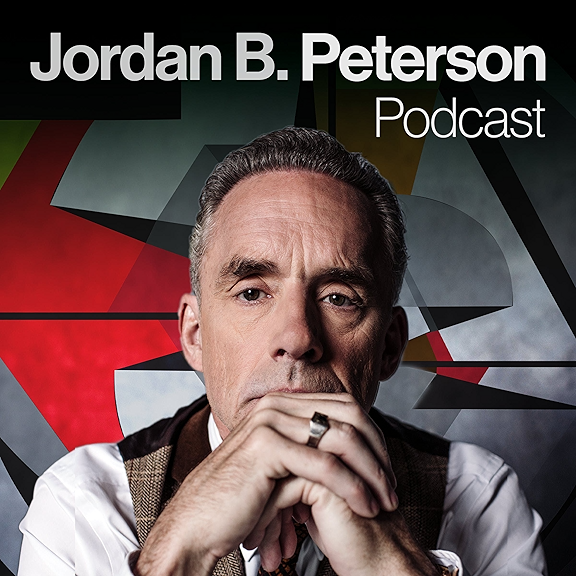
David Trahair - Procrastinating your way into retirement
David Trahair has written several books on personal finance. He’s a speaker, a personal finance trainer, and a chartered account with over 18 years of experience handing out free knowledge and budgeting templates on his website (https://www.trahair.com). His most recent release is The Procrastinator’s Guide to Retirement - How to retire in 10 years or less.
A huge shift in how to save for retirement is to track your expenses as a percentage of your income. We ask him about that, his book, and much more.
[0:00 - 1:47] Intro
[1:48 - 8:36 ] Money mistake or makeup - Amazon returns, the importance of psychology in your spending
[8:37 - 14:03] What’s the inspiration for the book? Why is it important for Canadians? Are we falling behind due to rising costs?
[14:04 - 20:32] ] Why is tracking your spending so important for retirement? How do you make it a habit?
[19:04 - 31:00] RRSP vs. TFSA vs. Mortgage - which one do we pay into first? How do we evaluate where to spend our money?
[31:01 - 34:27] Do we need an emergency fund? Or can we just use a line of credit? Emergency fund vs. line of credit - what are your thoughts?
[34:28 - 36:14] A quick primer on predicting interest rates
[36:15 - 42:33] Why is a fee-only financial advisor with a discount brokerage the investment style gaining in popularity?
[42:34 - 47:51] With ETFs, do we still need a financial advisor?
[47:52 - 53:51] How do we measure our stock performance? Is a robo-advisor enough?
[53:52 - 57:34] Should we still be investing in GICs?
[57:35 - 1:01:00] CPP and OAS aren’t enough to afford long-term care. Should we be taking more risky investments, cut spending, reduce expenses and cut our lives off to not live in squalor in retirement?
[1:01:01 - 1:06:48] RAPID FIRE QUESTIONS
- What’s in your wallet?
- A book everyone should read?
- What was your first job and what did you learn from it?
- What is a commonly held belief about your industry or space that you passionately disagree with?
- If you had one tweet that everyone in the world would read, what would it say?
- What’s your number (to retire, how much you need?)
- Where can people find you if they have more questions?
[1:06:49 - 1:07:39] OUTRO




















